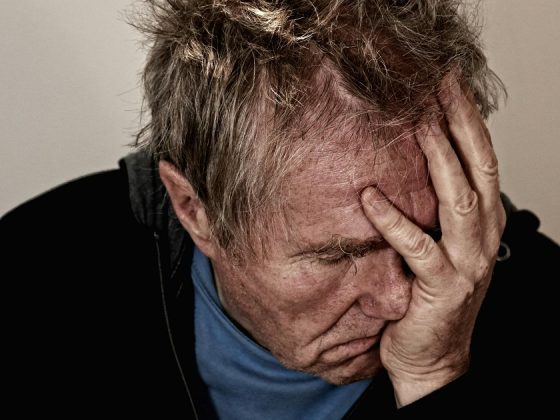Alcohol, a ubiquitous presence in many social gatherings, can be a double-edged sword. While moderate consumption can be a part of a convivial evening, excessive alcohol intake can lead to a myriad of problems. This article delves into the perils of overindulgence and offers guidance on responsible alcohol consumption.
The Health Risks
Physical health consequences
The toll on the body from excessive drinking is vast, ranging from liver damage to cardiovascular issues. Chronic alcohol consumption can lead to conditions like cirrhosis, pancreatitis, and an increased risk of certain cancers.
Mental health implications
Not only does excessive alcohol affect the body, but it also takes a toll on mental health. It can exacerbate conditions like anxiety and depression, and in severe cases, lead to alcohol use disorder.
Social and Relationship Impact
Effects on personal relationships
Alcohol-fueled arguments and irresponsible behavior can strain relationships with family and friends, sometimes irreparably.
Impact on social life
The reliance on alcohol as a social lubricant can lead to isolation from non-drinking social circles and hinder personal growth.
The Economic Toll
Cost of excessive drinking
Medical bills, legal costs, and lost productivity add up to a substantial financial burden on those who indulge excessively.
Lost productivity and income
Absenteeism and decreased job performance due to hangovers and health issues can result in lost income.
Legal Consequences
DUI and legal troubles
Driving under the influence is a grave offense with serious legal repercussions, including fines, license suspension, or imprisonment.
Criminal behavior linked to alcohol
Alcohol can lower inhibitions, leading to impulsive and potentially criminal actions.
The Hidden Dangers
Binge drinking and alcohol poisoning
Binge drinking, often associated with excessive alcohol consumption, can lead to alcohol poisoning, a life-threatening condition.
Long-term damage
The long-term consequences of excessive drinking include organ damage, cognitive decline, and a reduced quality of life.
How to Drink Responsibly
Understanding Moderation
Defining moderation
Moderation is key to responsible drinking. It involves consuming alcohol in a way that doesn’t harm your health, relationships, or economic well-being.
Recommended limits
Health organizations often suggest guidelines for moderate drinking, such as one drink per day for women and up to two drinks per day for men.
Setting Personal Limits
Knowing your own tolerance
Understanding your body’s response to alcohol helps you establish personal boundaries for responsible drinking.
Recognizing personal boundaries
Knowing when to stop is a vital skill to avoid overindulgence.
Responsible Drinking Guidelines
Strategies for responsible drinking
Implementing strategies like eating before drinking and alternating alcoholic drinks with water can mitigate the effects of alcohol.
Alcohol-free days
Incorporating alcohol-free days into your week can help break the habit of daily consumption.
Alternatives to Excessive Drinking
Non-alcoholic beverages
A variety of non-alcoholic options can provide the same social enjoyment without the intoxicating effects.
Socializing without alcohol
Exploring activities and events that don’t center around drinking can be both fun and fulfilling.
Drinking and Driving
The dangers of drunk driving
Driving under the influence is not only illegal but incredibly dangerous, with a high potential for accidents and fatalities.
Alternatives to getting home safely
Plan ahead with designated drivers, public transportation, or rideshare services to ensure a safe journey home.
Identifying Risk Factors
Personal risk factors
Recognizing personal vulnerabilities to excessive drinking, such as stress or peer pressure, is the first step to avoiding them.
Recognizing signs of problematic drinking
Keep an eye out for signs of alcohol use disorder in yourself or others and seek help when necessary.
Seeking Help
Support networks
Friends and family can be invaluable in providing support and encouragement for those looking to reduce their alcohol consumption.
Professional assistance
When needed, seek professional help from therapists, counselors, or support groups specializing in alcohol use disorders.
Responsible Hosting
Providing alcohol at gatherings
As a host, encourage responsible drinking by offering a variety of non-alcoholic options and setting clear expectations for your guests.
Encouraging responsible drinking
Foster an environment where responsible drinking is not just encouraged but expected.
Conclusion
In conclusion, the dangers of excessive alcohol consumption are real and impactful. However, by understanding the risks and following guidelines for responsible drinking, individuals can enjoy the occasional drink without jeopardizing their health, relationships, or financial stability.









